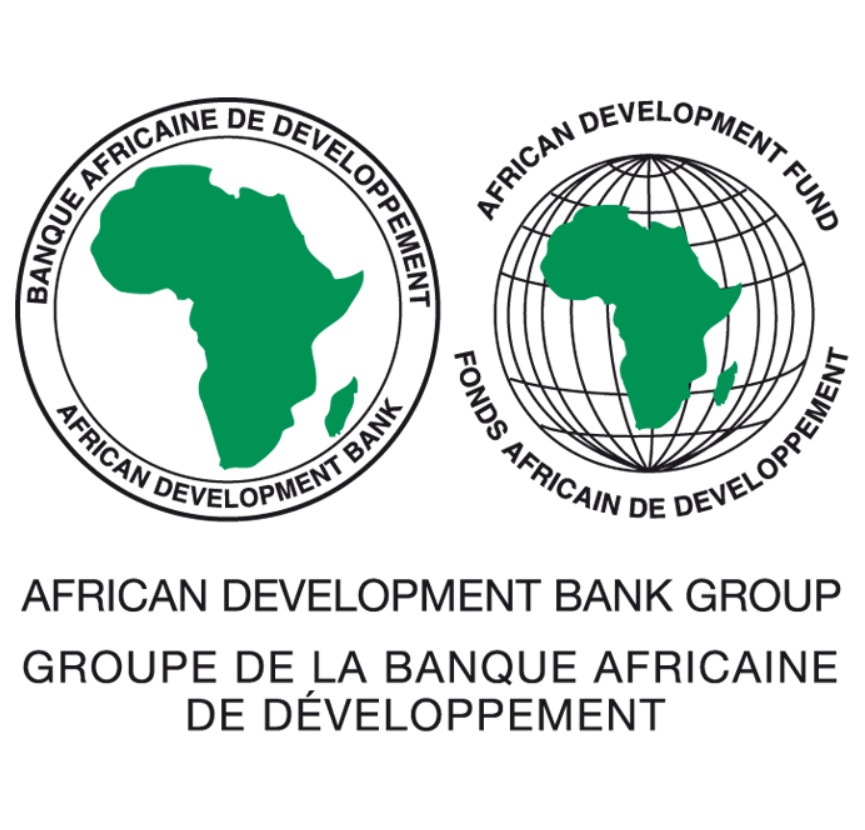US pledges support to AfDB’s Africa Disaster Risk Financing Program at COP26
In addition to providing African countries with assistance paying risk premiums, ADRiFi enhances the management of natural disaster risk by strengthening national capacities.

- Country:
- Ivory Coast
The United States Agency for International Development and the U.S. State Department pledged financial support to African Development Bank’s Africa Disaster Risk Financing Program, at a COP26 side event promoting disaster and climate risk financing in Africa.
The Africa Disaster Risk Financing Program, in collaboration with the African Risk Capacity Group, promotes disaster response mechanisms, whereas the Bank supports its regional member countries to cover their insurance premiums and plan for climate disasters.
During the event held on Tuesday, panellist Ann Vaughan, Senior Advisor for Climate Change with USAID’s Bureau for Resilience and Food Security, reiterated the US government’s earlier announcement to contribute $2.5 million, for one year, to the Africa Disaster Risk Financing Program, also known as ADRiFi.
“We think ADRiFi offers a way to make premium subsidies sustainable and enables access to subsidy and sustainable and concessional funding through [African Development Bank] to help countries move to proactive risk management. We are really excited to become a donor,” said Vaughan.
USAID is the latest international donor to collaborate with ADRiFi, which enjoys financial support from the UK’s Foreign, Commonwealth & Development Office and the Swiss Agency for Development and Cooperation, among others.
During the session, organized by the Bank and African Risk Capacity Group, Senior Advisor to United Nations Development Program Jan Kellet announced that his organization’s new Insurance and Risk Finance Facility is working with the Bank to institutionalize disaster risk financing, to bring in the private sector, as well as enable comprehensive disaster risk financing strategies in countries with ADRiFi programs.
“If we don't actually deliver on the ambition of something like ADRiFi and work with countries to increase their work in financing disaster risk…we will fail to improve the lives of millions across the continent,” Kellet said.
In addition to providing African countries with assistance paying risk premiums, ADRiFi enhances the management of natural disaster risk by strengthening national capacities.
Moderator for the event and ADRiFi program coordinator Cecil Nartey explained that financing for premium payments is sourced through a multi-donor trust fund, as well as from African Development Fund allocations to respective countries. ADRiFi is operating in The Gambia, Zimbabwe, Mauritania, Niger, Sudan and Madagascar, with Malawi and Zambia expected to join by year’s end.
The head of Madagascar’s national disaster management agency, Army Brigadier General Mamy Razakanaivo, talked about the impact of ADRiFi following a recent, climate change-induced drought that led to crop failure in his country. In 2020, Madagascar received a $2.13 million insurance payout from the African Risk Capacity to cover losses from the disaster, helping to keep hundreds of thousands of vulnerable people from food insecurity or migrating in search of food and work.
“We combined the resilience and emergency response in order to evolve how we deal with long-term crisis impacts of the drought,” Razakanaivo said.
Bank Vice President for Agriculture, Human and Social Development told the group gathered at the COP26 Africa Pavilion that ADRiFi’s work in Madagascar is just the start.
“What’s taking place in Madagascar demonstrates why we know risk financing through insurance like ADRiFi really works. We look forward to more partners to join the multi-donor trust fund, so we can take these efforts to scale across the continent to prepare countries for the shocks that we know are coming,” Dunford said.
United Nations Assistant Secretary-General and Director General of the African Risk Capacity Group, Ibrahima Diong, credited ADRiFi’s supporters and clients for proactively strengthening Africa’s resilience to climate change.
“I am extremely delighted when I look around the room, that many of you are part of the solutions,” said Diong. “We believe that there is a lot of work that can be done in building a national strategy of disaster risk management in our member states so that we have a sustainable way of addressing disasters,” he added.
Other invited session speakers included: Malvern Chirume, Chief Underwriter, African Risk Capacity Group; Sophie Evans, Head of Country Services, Center for Disaster Protection; Honorable Lamine Dibba, Minister of Environment, The Gambia; and Tuga Alaskary, Advisor, Secretariat of the InsuResilience Global Partnership.










